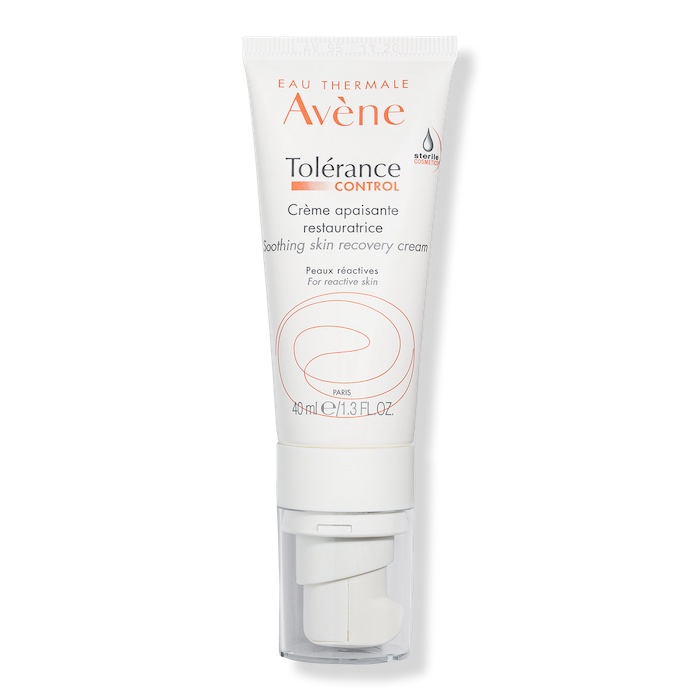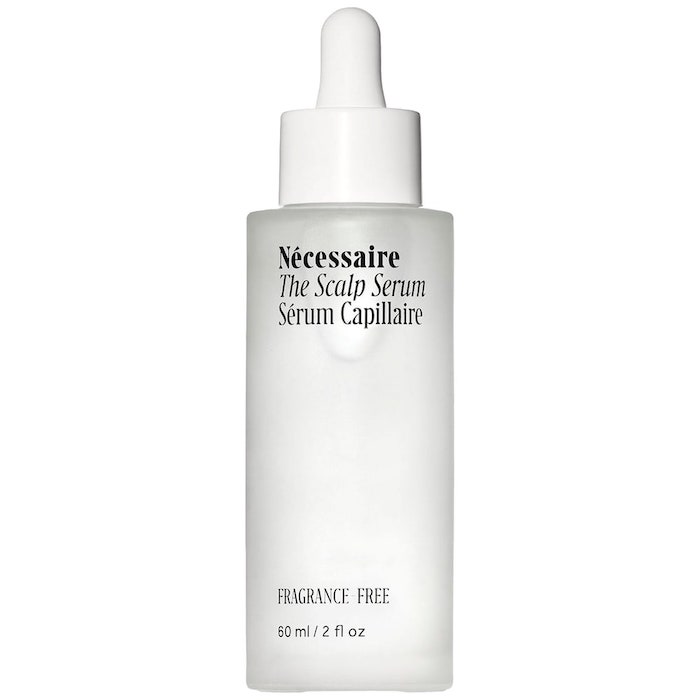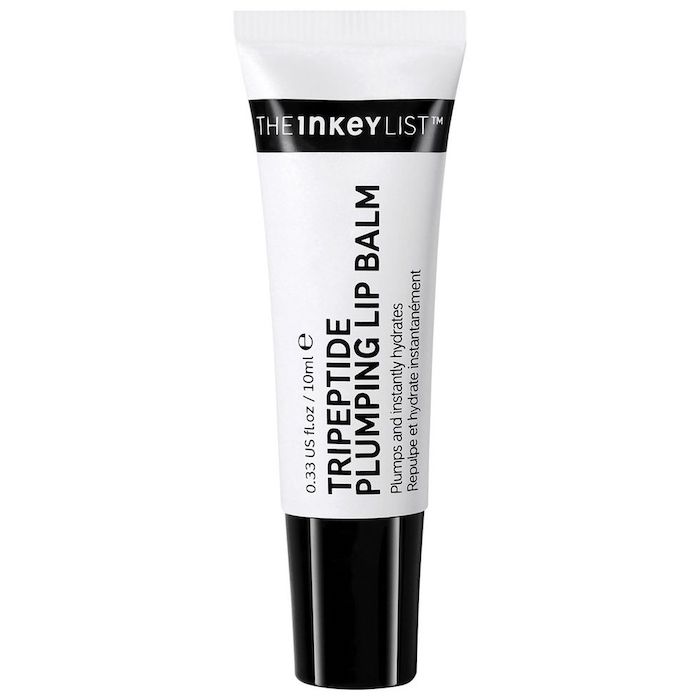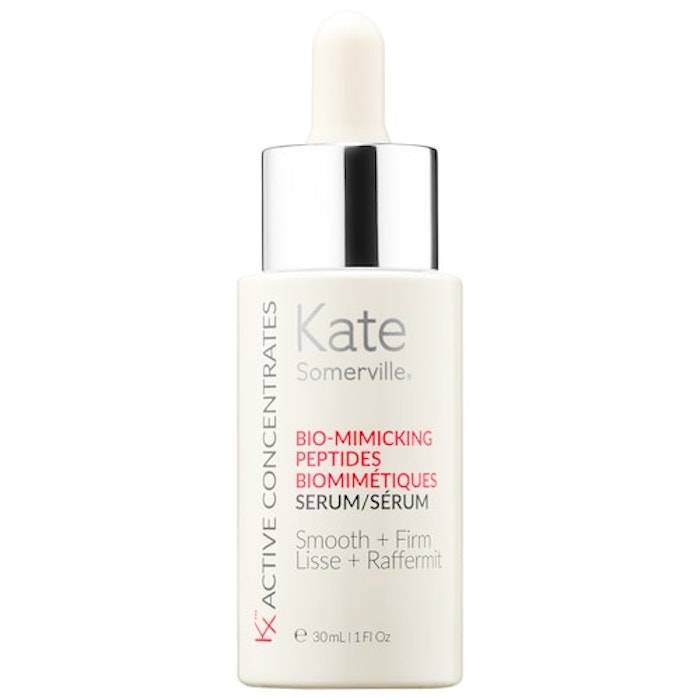Biomimetic Skincare Is the Next-Gen Trend That's Taking Over the Beauty Industry

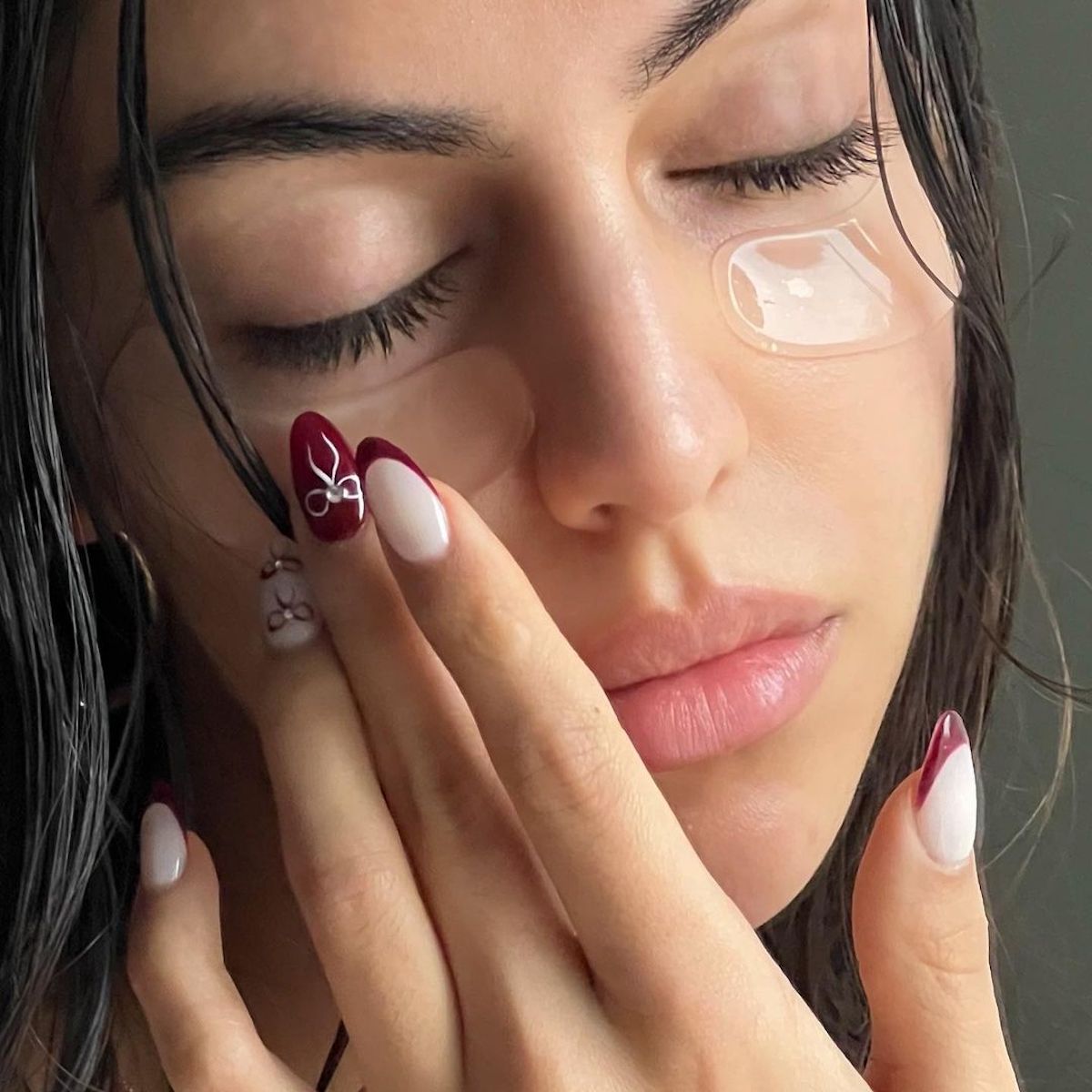
In the world of skincare, there are a few hero ingredients that take center stage in most product formulations. These include (but aren't limited to) hyaluronic acid, retinol, niacinamide, and peptides. These ingredients are very well-known and renowned by skin experts for their efficacy. And as a beauty editor, I thought I knew everything there was to know about them—I've researched them, I've consulted experts about them, and I've used them in my own routine—but I was wrong.
Lately, I've been seeing an unfamiliar term being used to describe some (but not all) of these hero ingredients. That term is "biomimetic." It might sound like something you'd hear in a science fiction movie or a biology lab, but it's actually quite simple. It refers to a specific class of ingredients that are supposedly more effective than their counterparts. Obviously, I had to learn more about this next-gen category of skincare ingredients, so I reached out to two dermatologists. I wanted to know what sets biomimetic ingredients apart from others and whether or not they can actually offer faster, more visible results like some people say. Keep scrolling to get the scoop.

What Is Biomimetic Skincare?
According to board-certified dermatologist and founder of Facet Dermatology Geeta Yadav, MD, the definition of biomimetic is actually quite simple. "Biomimetic means that the function of something mimics that of the body's natural processes," she says. "By using ingredients that are similar to those produced by your skin, biomimetic skincare helps your skin function at its best—your skin 'recognizes' them and helps produce more of them naturally."
Brendan Camp, MD, FAAD, a double-board-certified dermatologist, phrases it similarly, saying, "Biomimetic skincare refers to products that use ingredients that simulate, or mimic, naturally occurring compounds in the skin to deliver safe, effective results."
While the term hints at something ultra modern and high-tech, you might be surprised to know that biomimetic skincare has actually been around for centuries; it just wasn't referred to by that name. "Biomimetic skincare really hit the market about a decade ago under that term, but people have been using biomimetic ingredients for centuries, particularly as part of traditional remedies," Yadav says. "For example, jojoba oil is considered a biomimetic ingredient, as it functions similarly to our natural sebum; it has long been used by Native Americans to support wound healing."

Is It More Effective Than Traditional Skincare?
The idea is that if your body recognizes a skincare ingredient as something it created itself, it allows it to penetrate deeper into the skin and work more effectively than a non-biomimetic ingredient. At least, that's what skincare brands claim. But what do the derms think? There's some complexity to consider.
Take it from Yadav, who says, "The definition of traditional skincare is pretty subjective, and many ingredients that we'd place into that category also fall into the biomimetic category, such as ceramides and hyaluronic acid—ingredients that our bodies naturally produce."
In other words, biomimetic is a vague term at best. Furthermore, it can't account for some very important and widely used ingredients that treat and protect our skin—the most important being sunscreen. "There are some ingredients, like chemical exfoliants and sunscreen, that you can't just replace or get rid of entirely, but otherwise, I think it's a great idea to try biomimetic skincare if other products aren't working for you," Yadav says. "Those with very sensitive or reactive skin may respond best to biomimetic skincare, as it's not trying to 'fight' their skin but work with it."
Camp agrees, saying that biomimetic skincare is certainly effective, but there are other factors to consider. "Much of what makes a skincare product effective or not is the consistency of use," he says. Still, he notes that "the regular use of products that contain biomimetic ingredients may give your skin a boost in its health and appearance."

What Ingredients Are Considered Biomimetic?
There are a wide range of skincare ingredients that can be labeled biomimetic. Some are easily recognizable. "Hyaluronic acid is a sugar molecule that naturally exists in the skin," Camp says. "It attracts and retains water molecules to improve skin hydration. Ceramides are another biomimetic ingredient. Ceramides are lipids in the stratum corneum that trap in moisture and maintain the integrity of the skin barrier."
Other biomimetic ingredients include peptides and niacinamide. Although, you won't always see biomimetic ingredients labeled as such. "There are plenty of ingredients that we've been using for a long time that fall into that category," Yadav says. "Biomimetic is just a buzzy marketing term that encapsulates these ingredients and others into an advanced- and elite-sounding category."
Don't be surprised if you see the term more and more. Skincare brands seem to be capitalizing on the trend by releasing "biomimetic" products that contain these buzzy ingredients. Both dermatologists have theories as to why it's trending right now. "Biomimetic skincare is trending because of an increased awareness and education among consumers about their own skin's biology and desire for products that are safe and effective," Camp says.
For Yadav, it's more about a streamlined approach to skincare. "I think it relates to how trends in skincare are moving toward simplicity," she says. "After several years of following 10+-step regimens, we're returning to pared-down regimens with products that offer the maximal benefit with minimal amounts of effort. Using ingredients that our skin recognizes and can use easily perfectly falls into that trend."

Want in on the Trend? Shop 10 Biomimetic Products
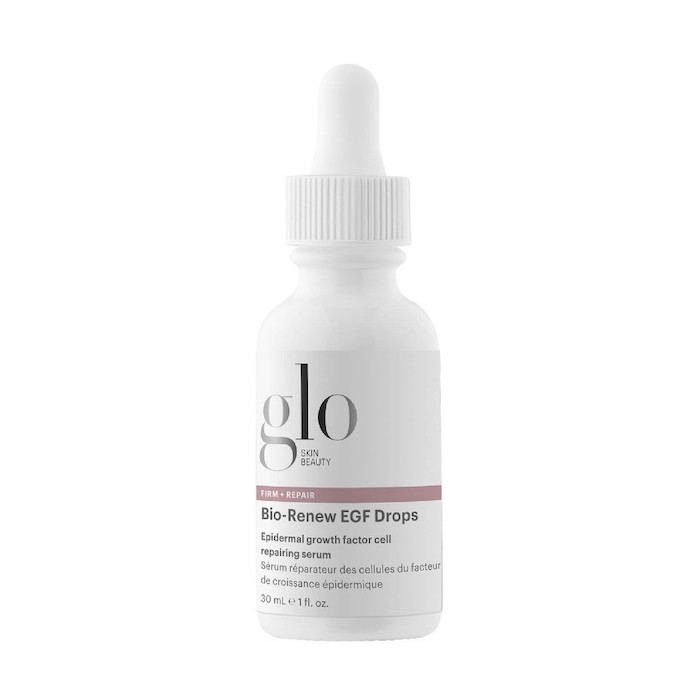
Yadav recommends this product, which uses a number of biomimetic ingredients to benefit the skin. "This product uses EGF (epidermal growth factor), an ingredient your skin uses to stimulate new collagen production, as well as peptides, which also help stimulate collagen production as well as repairing damage. It also features hyaluronic acid to help draw water into skin."
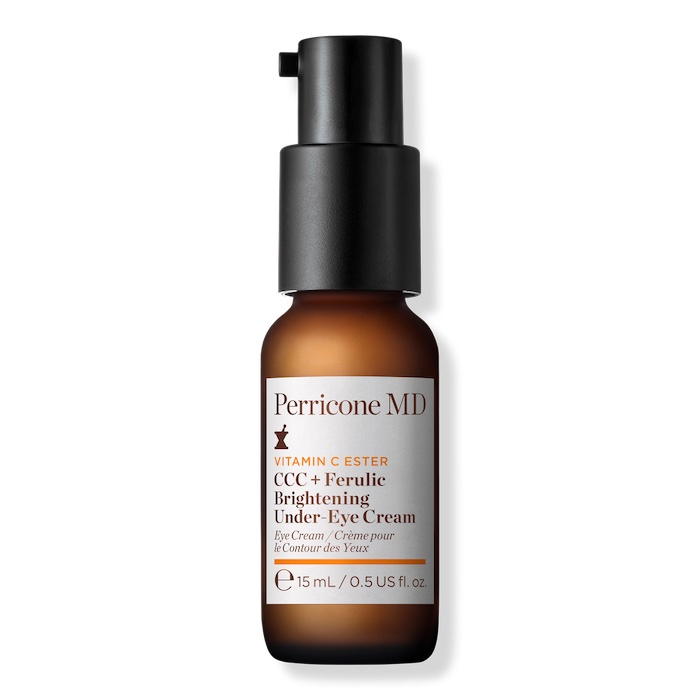
Camp recommends this biomimetic vitamin C serum. "A biomimetic oat protein is featured in this eye cream to reduce redness and inflammation," he says. "It is coupled with vitamin C and ferulic acid, which provide antioxidant protection, to reduce the appearance of tired periorbital skin."
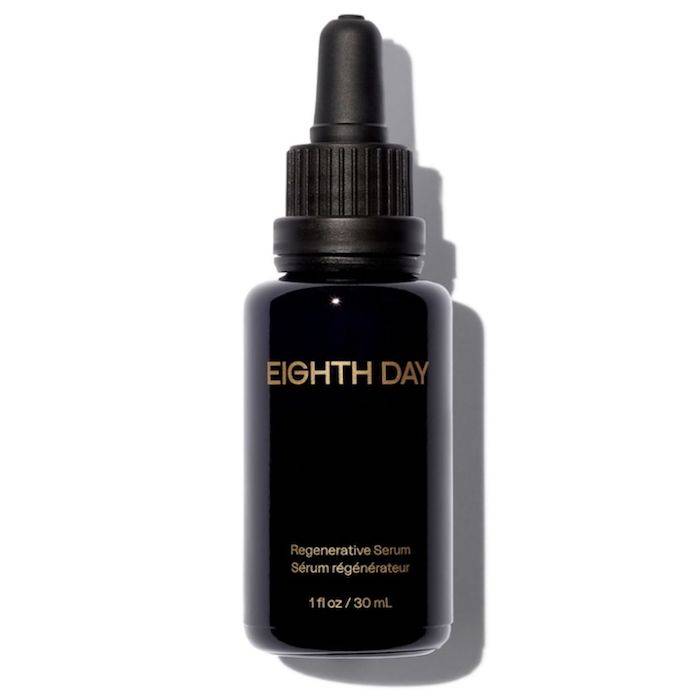
This serum was recommended to me by Sarah Brown, the executive director of Violet Lab at Violet Grey. It uses peptides, growth factors, and immunostimulants that mimic the molecules found in human skin cells. It was developed by a dermatologist and dermatologic surgeon to target fine lines and wrinkles, as well as dehydration, redness, dullness, loss of firmness and elasticity, and more.
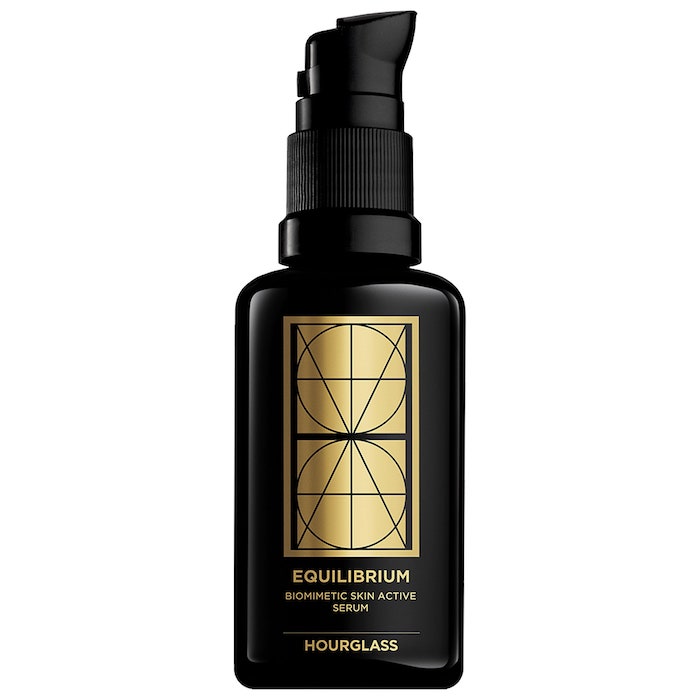
With angelica root extract, algae extract, and something called the Cell Balancing Complex, this serum visibly improves aging skin. It prevents collagen degradation, protects against free radicals, and supports the skin barrier for bright, fresh, and smooth skin.
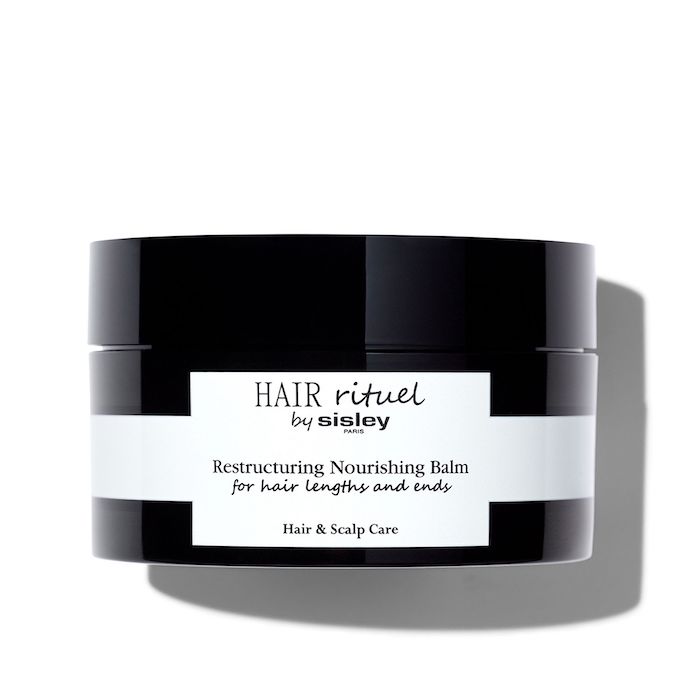
Another biomimetic scalp and hair product, this one transforms dry, brittle hair into soft, strong, and expensive-looking hair. Use it before shampooing, and the a cocktail of macadamia, shea, babassu, moringa, and meadowfoam seed oils will get to work to soften and strengthen each strand. Plus, a special biomimetic ingredient will repair the surface of the hair fiber and reinforce the internal lipid structure. Translation? Your hair will look and feel so much healthier.
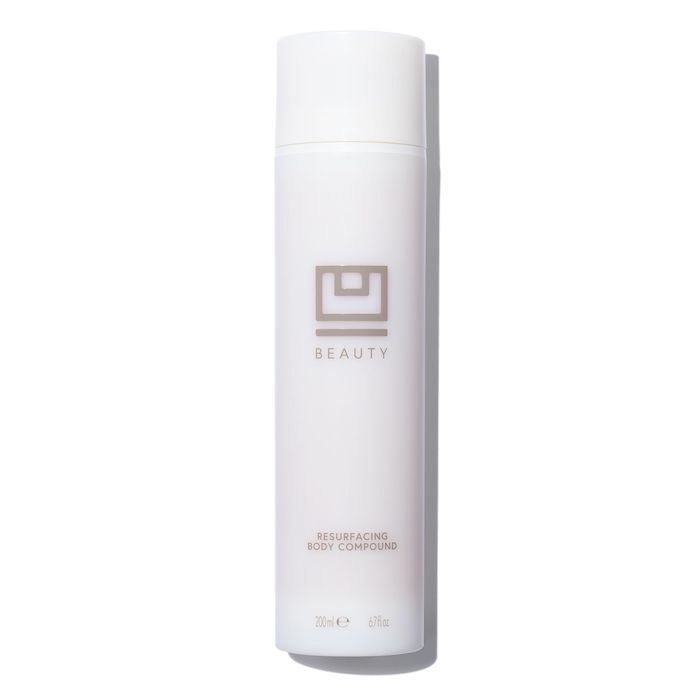
With a special delivery technology that allows the formula to penetrate the skin without causing irritation, this body serum is truly next-level. Add in biomimetic peeling peptides and flower acid, and this will resurface, calm, smooth, and hydrate your skin all at once.

Kaitlyn McLintock is a Beauty Editor at Who What Wear. She has 10 years of experience in the editorial industry, having previously written for other industry-leading publications, like Byrdie, InStyle, The Zoe Report, Bustle, and others. She covers all things beauty and wellness-related, but she has a special passion for creating skincare content (whether that's writing about an innovative in-office treatment, researching the benefits of a certain ingredient, or testing the latest and greatest at-home skin device). Having lived in Los Angeles, California, and Austin, Texas, she has since relocated back to her home state, Michigan. When she's not writing, researching, or testing beauty products, she's working through an ever-growing book collection or swimming in the Great Lakes.
